Planning your next adventure should be exciting, not a digital nightmare filled with glitchy interfaces and broken promises. The app stores are packed with travel applications that claim to revolutionize your journey, yet many deliver nothing more than frustration and wasted phone storage.
Your smartphone has limited space. Cluttering it with apps that don’t deliver real value is like packing your suitcase with rocks — heavy, pointless, and exhausting. Here are 14 travel apps that promise the world but leave you stranded with disappointment.
Packing Pro

This app charges you money to create basic packing lists that you could easily make in your phone’s notes app for free. The interface feels clunky and dated — like something designed in 2010 and never updated. Most travelers abandon it after their first trip since manually typing items into your regular notes app is actually faster and more intuitive. The premium features they charge for are essentially things you’d naturally think about anyway, making it feel like paying someone to remind you to pack socks and underwear.
TripIt Pro
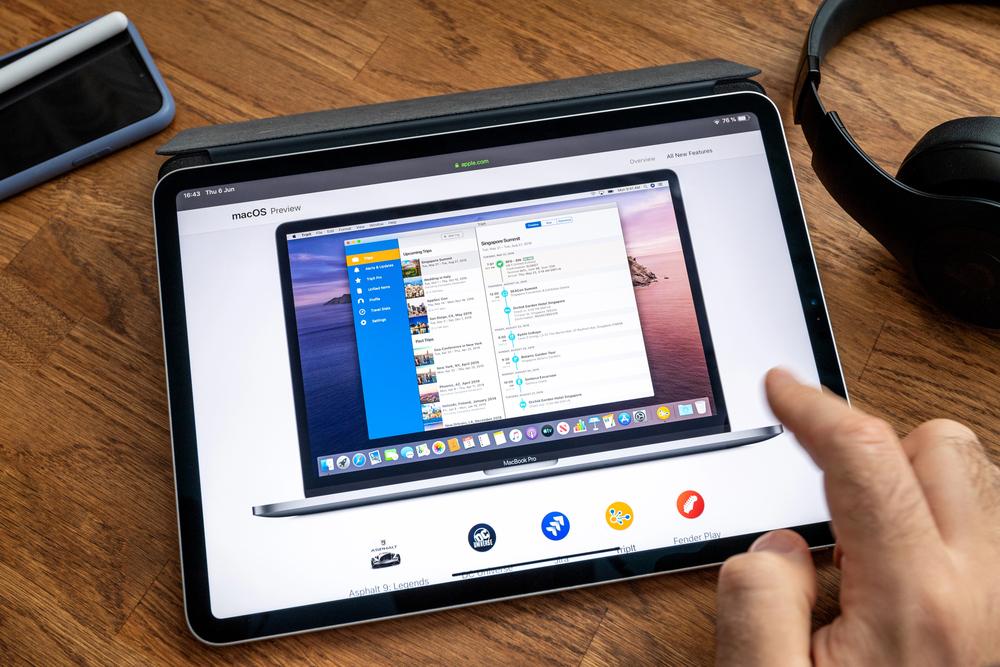
— Photo by ifeelstock
While the basic version has merit, the paid Pro version promises flight alerts and seat tracking that rarely function when you need them. You’ll get notifications about gate changes thirty minutes after they happen, which completely defeats the point of paying for real-time updates. The app also struggles with international flights and often can’t recognize booking confirmations from smaller airlines, though it works fine with major carriers. Many users report that checking the airline’s own app provides more accurate and timely information than this supposedly premium service.
Rome2Rio
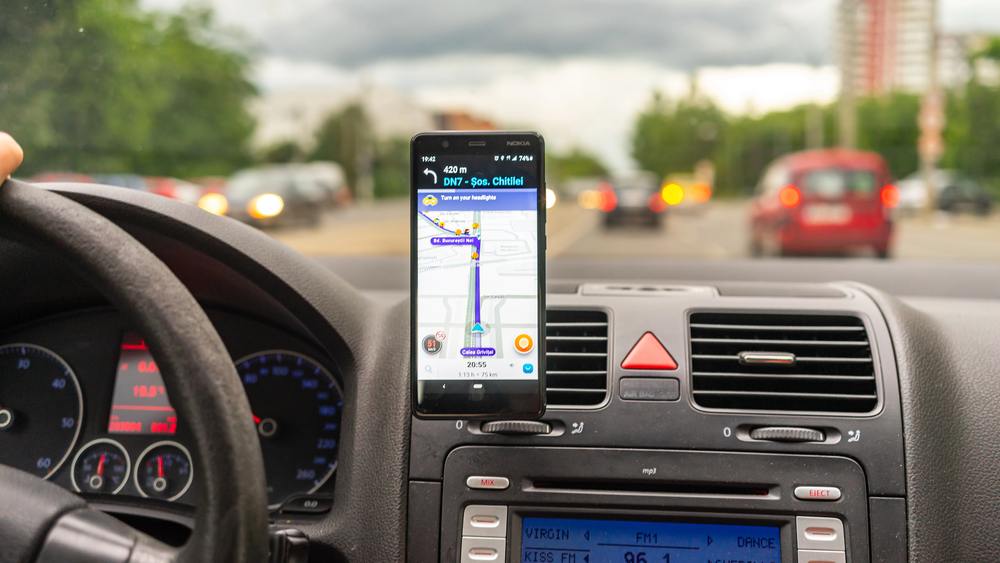
— Photo by contact@vladispas.ro
This route-planning app sounds brilliant in theory — comprehensive transportation options at your fingertips. However, it falls apart when you try to use it in real situations. It often suggests completely impractical transportation combinations, like taking three buses and a train when a direct flight costs the same and takes half the time. The pricing information is frequently outdated or wildly inaccurate, leading to serious budget miscalculations that can derail your entire itinerary.
Flush Toilet Finder
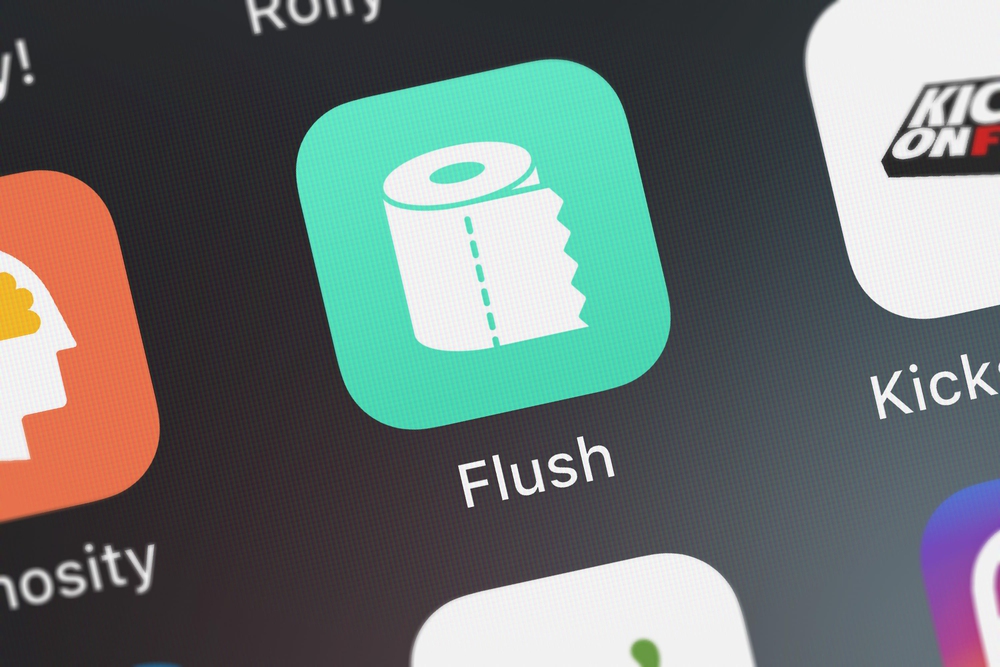
— Photo by opturadesign
Yes, this is a real app, and it’s as pointless as it sounds. Most public restrooms aren’t mapped accurately, while the ones that are listed often have incorrect hours or accessibility information. You’ll waste more time trying to navigate to a bathroom through this app than just asking a local person or looking around yourself. The app also requires constant location access — draining your battery faster than a leaky faucet.
AroundMe
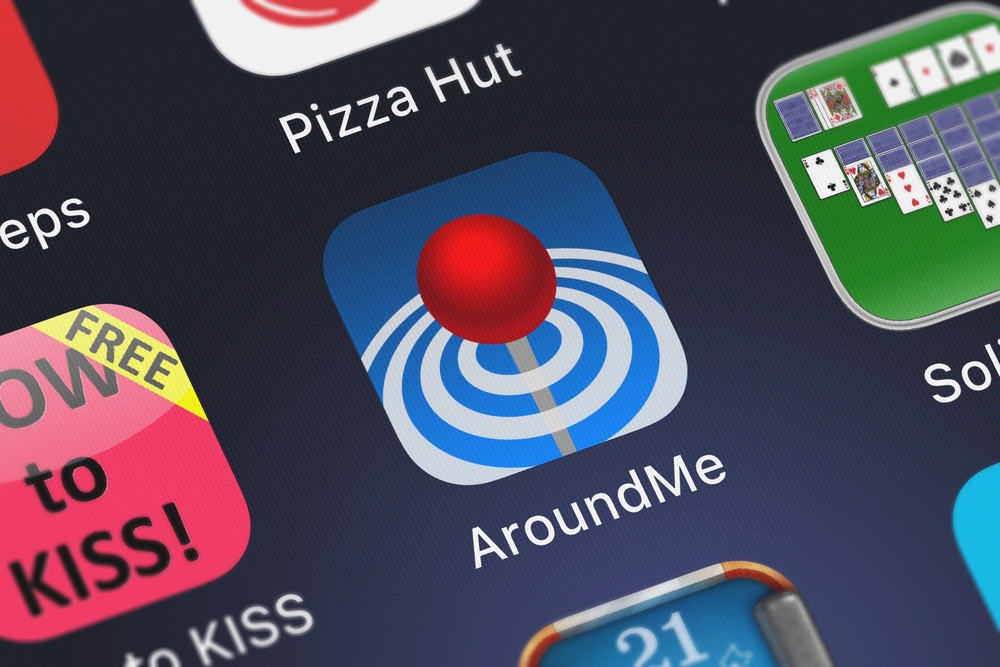
— Photo by opturadesign
This location-based app promises to find nearby restaurants, gas stations, and attractions, though it delivers results that are either obvious or unhelpful. It’ll tell you about a McDonald’s two blocks away while missing the amazing local café right next door. The reviews are sparse and often outdated, making it less useful than just opening Google Maps or Yelp. Navigation between categories feels unnecessarily complicated, and the interface looks like it was designed for flip phones.
World Customs and Duty Info
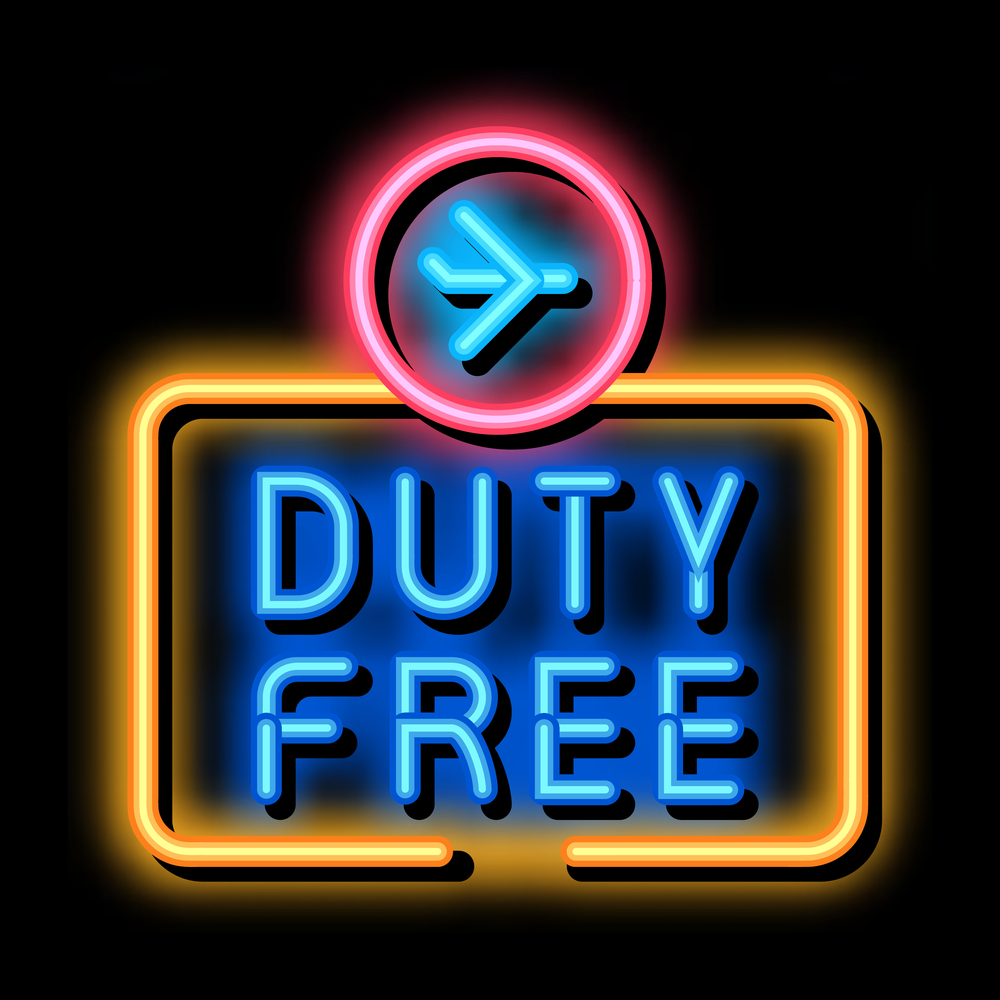
Understanding customs regulations is important, yet this app provides information that’s either too vague to be useful or so outdated it might get you in trouble. Many countries have complex, frequently changing rules that this app simply can’t keep up with, particularly post-pandemic regulations. You’re better off checking the official government websites of your destination countries. The app also lacks important details about specific items and quantities, leaving you guessing about what you can bring across borders.
My Currency Converter

Currency conversion apps are everywhere, though this particular one stands out for all the wrong reasons. The exchange rates are often several days behind, which can lead to serious miscalculations when making purchases abroad. It’s loaded with advertisements that pop up at the worst possible moments, like when you’re trying to quickly convert prices while shopping in a busy market. Most banking apps now include currency converters with real-time rates, making dedicated apps like this one completely unnecessary.
Travel Safety Pro
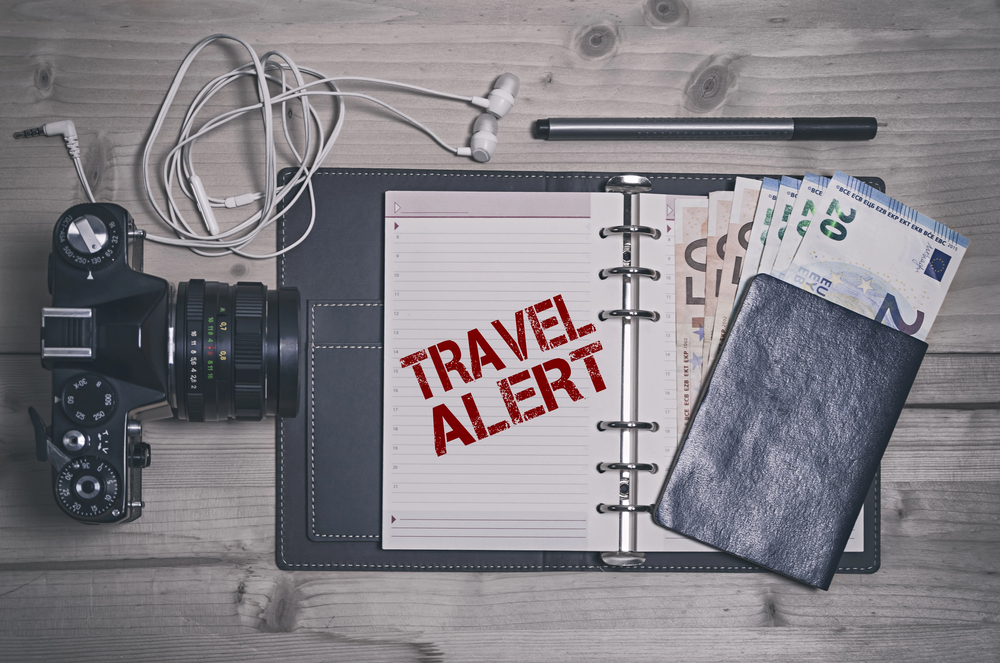
This app claims to provide essential safety information for international travelers, yet most of its advice is common sense wrapped in fearmongering language. It’ll warn you about drinking tap water in countries where the water is perfectly safe, while failing to mention actual safety concerns like specific areas to avoid. The country profiles are generic and often contradict information from reliable sources like government travel advisories. You’ll get better, more current safety information from official embassy websites — without the sensationalized warnings.
Roadtrippers
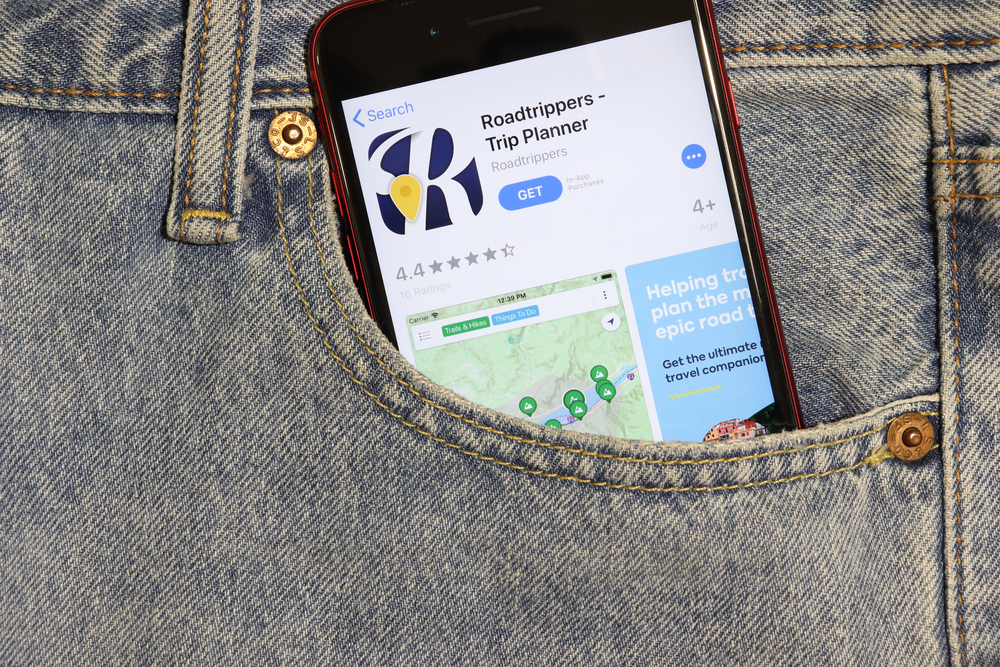
— Photo by postmodernstudio
Road trip planning sounds like a natural fit for mobile apps, though Roadtrippers makes the process more complicated than it needs to be. The route suggestions often ignore practical considerations like traffic patterns and road conditions during peak travel times. The app pushes you toward tourist traps and chain restaurants while missing unique local spots that make road trips memorable. Many users find that simple map apps combined with basic research provide better results — with significantly less hassle.
Travel Translator
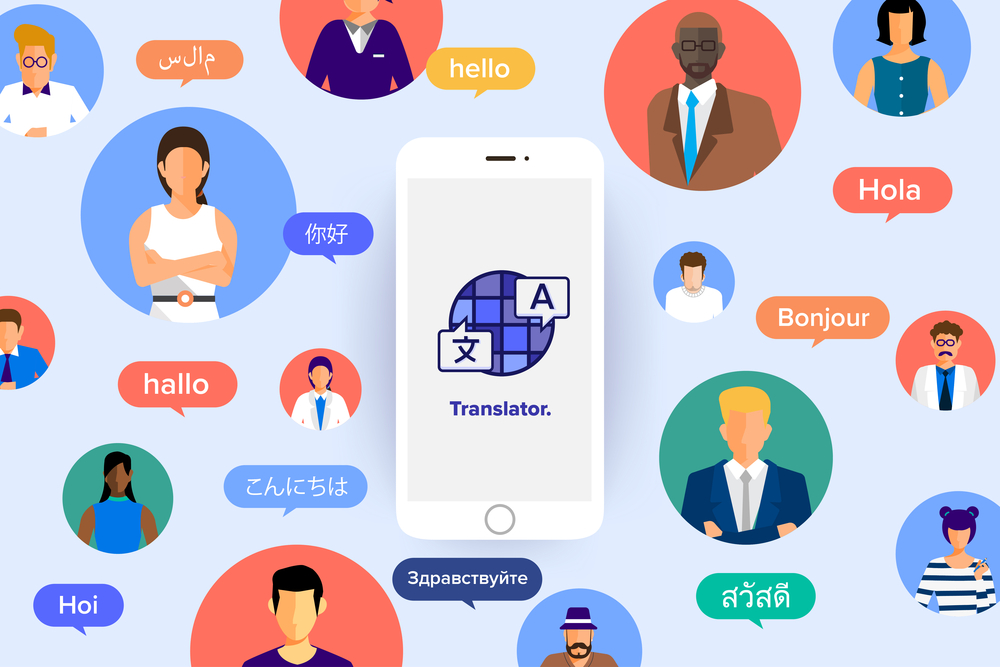
Translation apps can be lifesavers, yet this particular one provides translations that range from unhelpful to potentially embarrassing in social situations. The voice recognition rarely works in noisy environments — exactly when you’d need it most. The offline feature promises to work without internet, though the translations become even less accurate when you’re not connected. Google Translate and Apple’s built-in translator provide better results without requiring separate downloads that eat up storage space.
Hotel Tonight
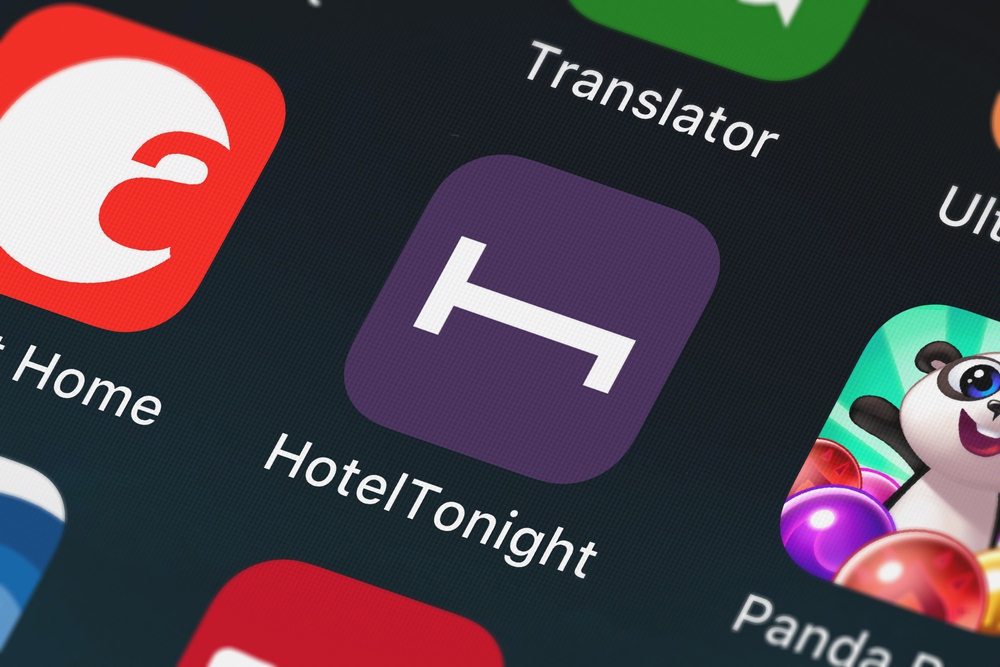
— Photo by opturadesign
This last-minute booking app used to offer genuine deals, but now it often shows the same prices you’d find elsewhere with less flexibility. The selection is limited to hotels that partner with the app, which means you might miss better options nearby. The booking process can be slow and glitchy, particularly frustrating when you’re tired and just need a place to sleep. Traditional booking sites now offer similar last-minute deals with better selection and more reliable service.
Travel Buddy

Social networking apps for travelers sound appealing, yet Travel Buddy suffers from a sparse user base and inactive profiles. Most of the ‘travel buddies’ you’ll find haven’t updated their profiles in months or years, making genuine connections nearly impossible. The matching system is basic and doesn’t account for important compatibility factors like travel style, budget, or interests. You’re more likely to find genuine travel companions through established social media platforms or travel forums with active communities.
Wi-Fi Finder
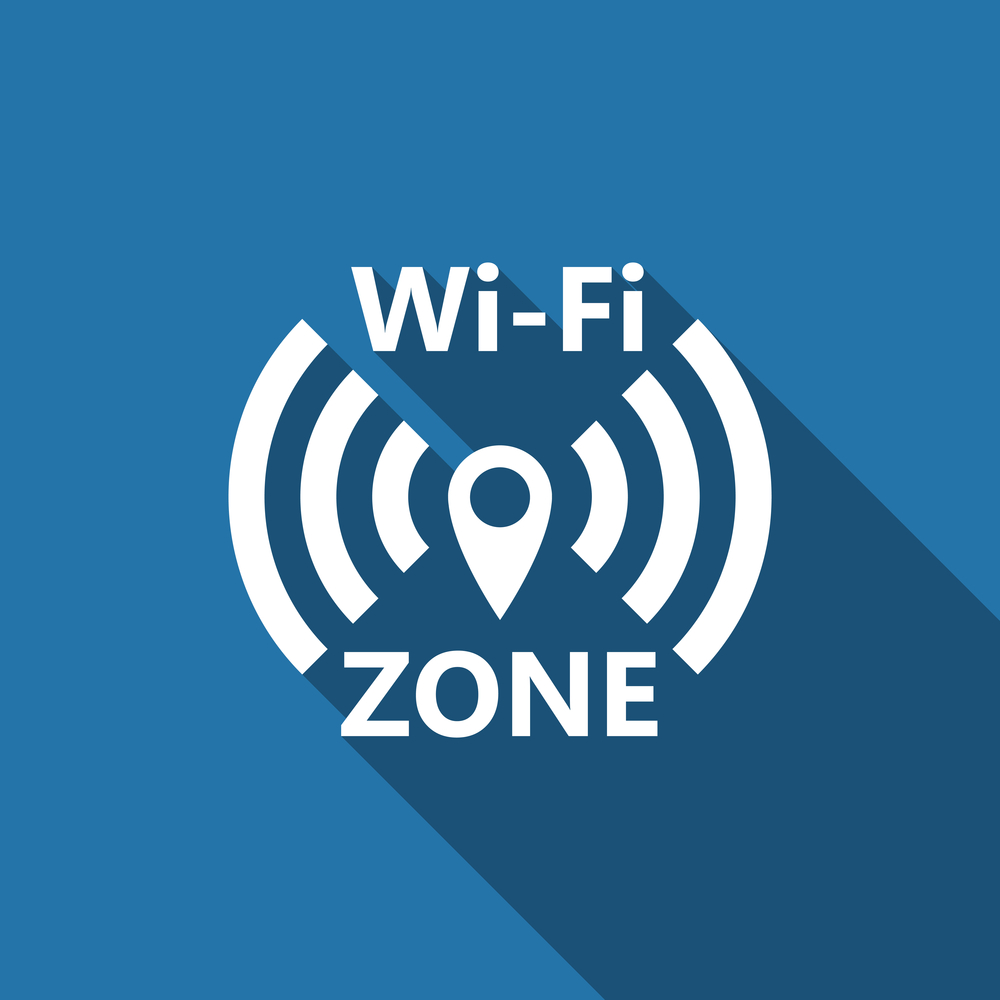
Finding reliable internet while traveling is crucial, though this app provides a database of Wi-Fi spots that’s more fiction than fact. Many of the listed locations no longer offer free Wi-Fi, have changed their passwords, or don’t exist anymore. The app doesn’t distinguish between secure and unsecured networks, which creates potential security risks for your personal data. Most modern smartphones can automatically detect available networks, and many cities now offer official Wi-Fi apps that are more accurate and secure.
Skiplagged
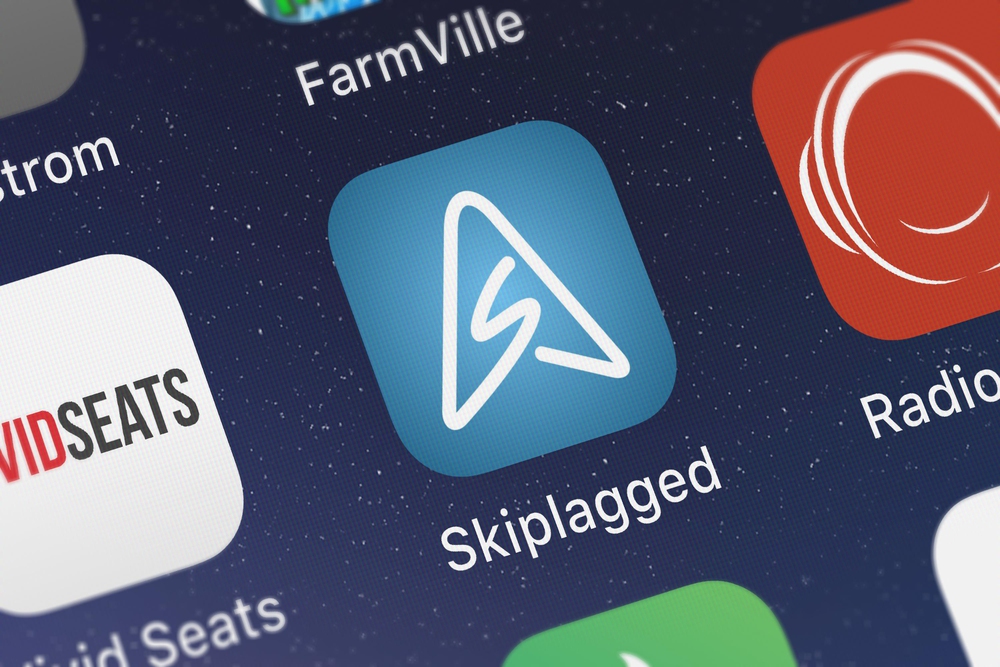
While the concept of finding hidden city flights seems clever, this app often suggests bookings that violate airline terms of service. Using these strategies can result in frequent flyer account suspensions or additional charges that exceed any savings you might achieve. The app doesn’t clearly explain the risks involved, leaving users to discover potential consequences after booking their flights. Airlines have become increasingly sophisticated at detecting these practices, making the risks often outweigh the potential benefits for most travelers.
Why These Apps Still Exist
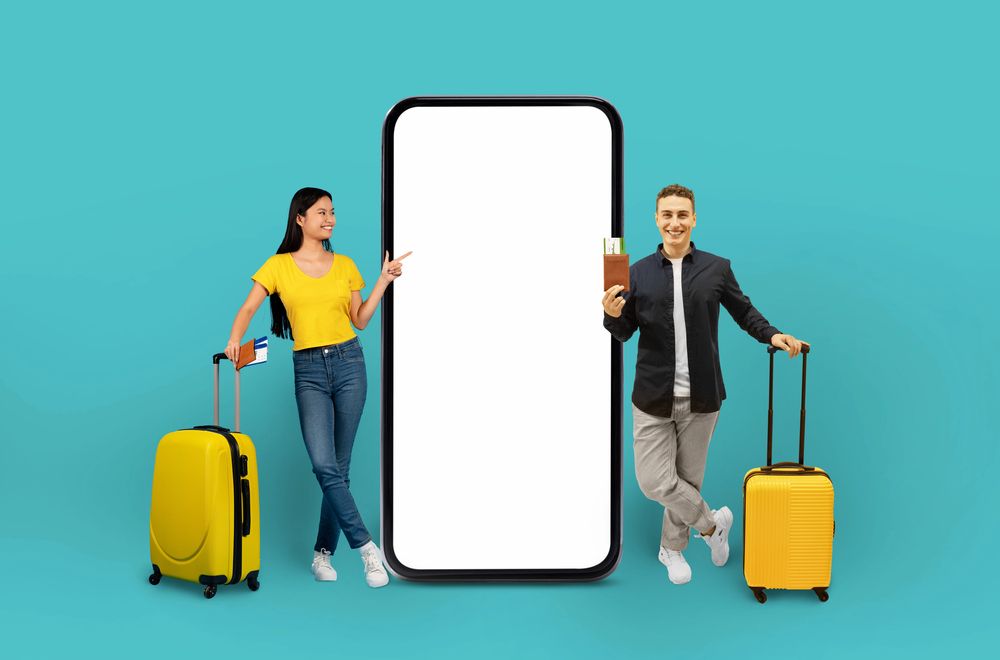
The travel app market remains flooded with these disappointing options because desperate travelers keep downloading them, hoping for a digital solution to age-old travel challenges. Many of these apps were decent when they first launched, but haven’t evolved with changing technology and user expectations over the years. The fundamental problem isn’t the concept behind these apps, but rather poor execution, lack of updates, and developers who prioritize downloads over user experience. Smart travelers today rely on a few well-designed, regularly updated apps rather than cluttering their phones with specialized tools that promise everything but deliver nothing of real value.
More from Travel Pug

- 20 Best Beach Towns in the Carolinas
- 13 Destinations Where Tourists Regularly Regret Their Trip
- 20 Things You Actually Get in First Class
- 20 Small Airports With Aviation Museums
- 20 Places in the U.S. That Are Perfect for a Reset Trip
Like Travel Pug’s content? Follow us on MSN.
